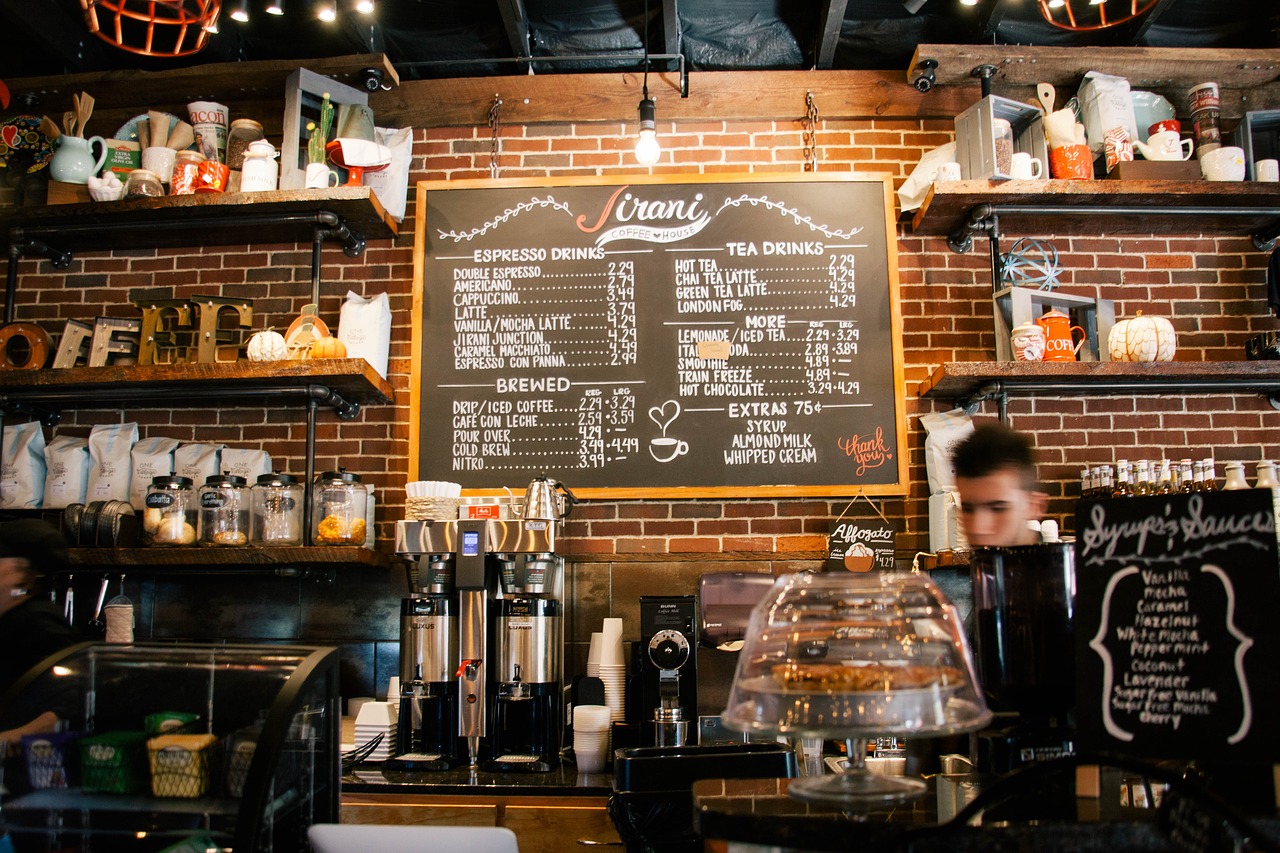
Nonessential businesses in Great Britain will resume operations on July 4, according to the announcement of Prime Minister Boris Johnson on Tuesday.
These nonessential businesses in the UK such as restaurants, pubs, museums, and hotels are allowed to reopen on July 4 amid a gradual lifting of coronavirus lockdown restrictions.
Other spaces that can reopen are places of worship, libraries, movie theaters, hostels, hair salons and barbers, bars, cafes, and office cafeterias, outdoor gyms and playgrounds, outdoor leisure centers, theme parks, social clubs and community centers, indoor attractions at aquariums and wildlife centers, as well as galleries and concert halls.
“Today we can say that our long national hibernation is beginning to come to an end and life is beginning to return to our streets and shops,” Johnson told Parliament.
People are advised to practice social distancing. However, people can now gather with more family and friends. The recommended distance is 1 meter (3.2 feet) of social distancing where it is not possible to be 2 meters apart. Weddings can only invite up to 30 attendees.
The government’s recommendation for indoor gatherings is that one household can meet another household at a time, while practicing social distancing.
Restaurants can only serve customers at their tables, and customers have to provide their contact details.
"Close proximity"
However, “close proximity” venues like nightclubs still cannot operate.
“As we begin to reopen the economy, it’s important that we do not increase the risk of transmission which is why ‘close proximity’ venues such as nightclubs, soft-play areas, indoor gyms, swimming pools, water parks, bowling alleys and spas will need to remain closed for now,” a statement from the prime minister’s office said.
“The government is continuing to work with these sectors to establish taskforces to help them to become Covid-secure and reopen as soon as possible," he wrote.
“The number of new infections is now declining by between 2 and 4% every day,” Johnson told Parliament. He explained the reopenings became possible due to a reduced rate of new infections. He noted the absence of substantial risk of a second wave of the coronavirus.
“This pandemic has inflicted permanent scars and we mourn everyone we have lost. ... While we remain vigilant, we do not believe there is currently a risk of a second peak of infections that might overwhelm the NHS,” he said.
The UK is one of the worst-hit countries in the world by the coronavirus. Records show it has over 300,000 confirmed cases and at least 42,730 deaths.
UK's economy
After spending a whole month in coronavirus lockdown, the UK economy has dropped by 20.4% in April, the largest monthly contraction ever recorded by the country.
According to the Office of National Statistics (ONS), the historic 20.4% contraction by the UK economy affected virtually all areas of economic activity. The decline is three times bigger than the contraction observed during the 2008 to 2009 economic crisis.
However, analysts say that this would likely be the worst month for the UK as the government started to ease on the lockdown in May. The ONS also published figures for the months of February to April, indicating a decrease of 10.4% compared with the previous three-month period.






